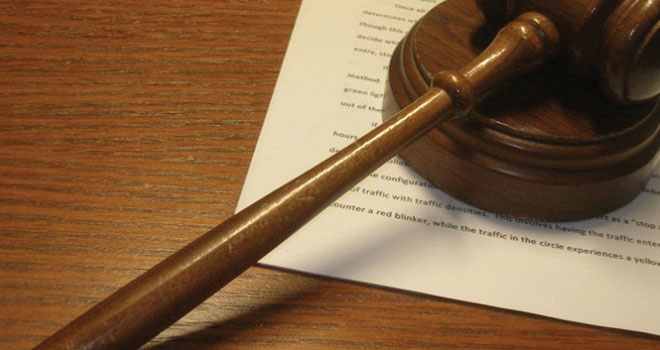Two issues in the recent Phoshera appeal again saw the Appeal Board ask questions about the FAIS Ombud’s decisions.
“This appeal is filled with procedural anomalies. First, there is the question of condonation for the late filing of the application for leave to appeal which had been granted by the Ombud, the late joinder of Auto & General subsequent to the Ombud’s determination, the non-joinder of Compass as respondent and what now appears to be the non-filing of a cross-appeal by all respondents in respect of the condonation which they argue had been granted unprocedurally.”
Condonation of late filing
The appellant applied for leave to appeal on 29 August 2016, more than three months after the Ombud’s determination on 11 May 2016. An application for leave to appeal the Ombud’s determination must be submitted within 30 days of becoming aware of the notice of the determination.
Counsel for the respondents argued that the Ombud is a creature of statute and all the powers and authority of the office derive from the relevant legislation. With regard to the power and authority to grant condonation for the late filing of an application for leave to appeal, the Ombud therefore has no discretion to exercise. Thus, if an applicant for leave to appeal is non-compliant with the statutory time-limits it must fail. For that reason, the condonation granted by the Ombud is a nullity.
However, although all respondents opposed the Ombud’s exercise of discretion to grant leave and in fact granted the leave despite the lateness of the notice, none of them filed an application for leave to appeal the Ombud’s action and decision.
The Board pointed out that such a challenge should have preceded the actual hearing, and could therefore not be entertained.
Late joinder of Auto & General
The respondents in this matter raised two further matters regarding the Ombud’s granting of leave to appeal:
Auto & General was cited for the first time when the appeal was noted, not in the initial complaint. Thus Auto & General was not part of the determination of the Ombud and should therefore not be part of the appeal.
The FAIS Ombud, in her determination, made findings of non-compliance with statutory duties of underwriters. However, neither Auto & General, who is the underwriter in the new policy contract nor its agent Compass, had been parties in the proceedings before the FAIS Ombud. In the application for leave to appeal itself, Auto & General had not even received the papers. Claiming loss or damages, whether individually or severally, for a breach against parties, who are properly not before this Appeal Board would therefore be wholly prejudicial to them. For that reason, it is argued by the respondents, this appeal was fatally flawed.
Appeal Board finding
In its judgment, the Appeal Board agreed with the Ombud that the basis for the rejection of the claim was valid.
In the Siegrist/Bekker case, the Appeal Board expressed concerns about the way in which the Ombud conducted affairs, granting herself powers outside of her mandate.
“The Ombud, importantly, performs the same function which a court of law would perform, had such court been seized of the matter; and the Ombud does not possess a general equitable jurisdiction, meaning that the Ombud cannot give a complainant more than that person’s legal entitlement. It is therefore somewhat disturbing to note that the Ombud expressed the view that common-law principles have no place in proceedings before her.”
In a recent decision concerning a Sharemax investment, the Appeal Board again referred to section 20(3) of the FAIS Act which requires the FAIS Ombud to consider complaints in a procedurally fair, informal, economical and expeditious manner, and by what is equitable in all circumstances. Failure to afford a party an opportunity to respond was “inequitable”.
This view was repeated in the Mogadima case which was published on 2 August 2017. The Appeal Board disagreed with the Ombud’s finding which was based on a document signed five months after the event which led to the complaint, and could not possibly link the appellant to the misdemeanour.
In the Prigge appeal, the Board said: “Matters like this (there are other instances) add fuel to the allegation that the Ombud is biased against financial service providers and sees her role as champion of disappointed clients. The Act requires her to deal with complaints impartially (section 20(4)) and whether or not she does so, depends on the facts of each case.”
To the best of my knowledge, no request for leave to appeal from a product or financial adviser was ever granted by the Ombud, and they had to approach the Appeal Board to have the determination reviewed.



